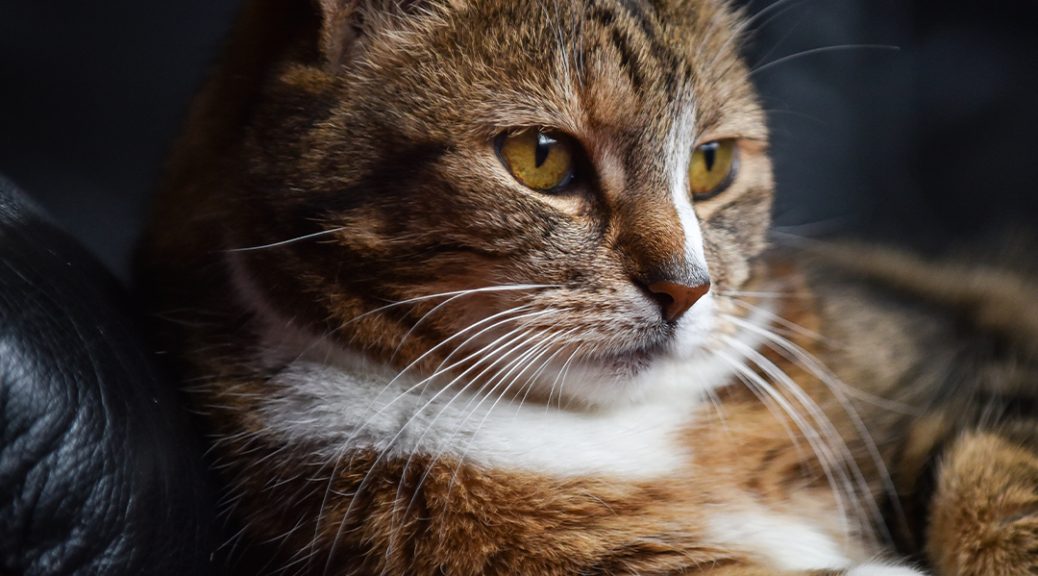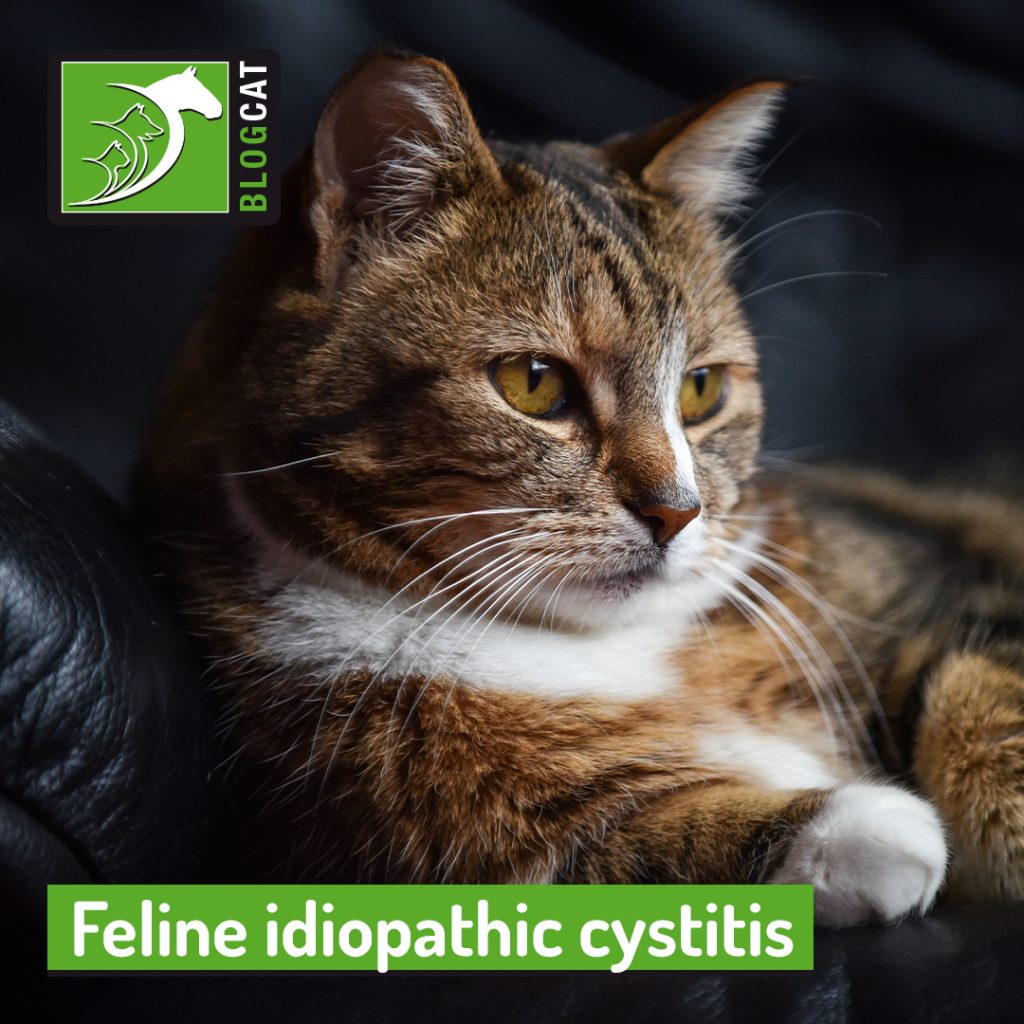Whether you have plans to travel with your pets this summer or you are planning on going somewhere without them, it’s best to start preparing now!
Arranging the needed documents, finding pet-friendly places to stay or trying to get a reputable boarding kennel or a pet sitter so that you can be away without any concerns can take a lot of time and energy.
Keep reading to get to know everything that you will need to do before your holidays.
Taking your pet with you on vacations abroad
Imagine being able to share every second of your awesome vacations aboard with your furry best friend. More and more owners are choosing to take their pets with them not just on their domestic vacations but also on trips to foreign countries.
However, this can be a long process! Brexit introduced many new rules and requirements for pets going abroad, including health certificates and vaccines that must be done at least several weeks in advance.
Travelling to the European Union or Northern Ireland:
The requirements are:
- Your pet must be microchipped;
- Your pet must have a valid rabies vaccination, and this only counts as valid 21 days after the vaccine if he or she is being vaccinated for the first time;
- An animal health certificate that an official veterinarian has approved, and this certificate is valid for 10 days for entry into your destination country in the EU or Northern Ireland;
- If you have a dog and are travelling to Finland, Ireland, Malta, Northern Ireland or Norway, you will also need a tapeworm treatment.
If this seems too complicated, don’t worry! Your vet can help you every step of the way and answer any questions that you might have.
Travelling elsewhere in the world:
For travel to any non-EU countries, you will need to get an export health certificate for the country or countries that you are planning to visit.
This is a more involved process than travelling to the EU, so it’s probably best to talk to your vet well in advance of your visit so that they can ensure that you have all of the required paperwork and certificates that you need for your trip.
Finding the perfect boarding kennel or pet sitter
Travelling with pets is not for everyone, and when you’re going on a lovely, well-deserved holiday, you want to make sure that your pets will be in the best care possible while you are away from home.
Choosing whether your pet will spend some time at a boarding kennel, day-care centre, or with a pet sitter is usually down to your pet’s needs and preferences.
Day-cares and pet sitters generally allow for more individualised attention, so if your furry friend prefers to be alone or have his or her routines altered as little as possible, this might be the option for both you and your pet.
Choosing the right provider, however, will usually require researching and booking well in advance. The best pet services are often fully booked for the summer season, so this is definitely not something that you want to do at the last minute!
Keep in mind that a reputable kennel or sitter will:
- Be appropriately licensed as well as insured, and will be glad to show you proof of this;
- Be happy to answer any questions about their premises, qualifications such as pet first aid training and what they can accommodate, which is especially important if your pet has special health needs;
- Be clear about how they will contact you in case of an emergency plus take your pet’s insurance and vet details;
- Have independent reviews online and referrals from other people.
One of the best places to start your search is with your vet, as they are likely to know local places or people who can be trusted to give your pets a nice holiday as well.
If you’re going on vacations with or without your pets, don’t forget to make all the necessary arrangements well ahead of time! This will save you a lot of headaches, having to solve difficult issues and stressing over whether your pet will be taken care of properly.



